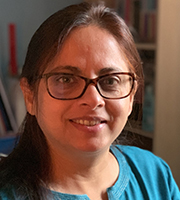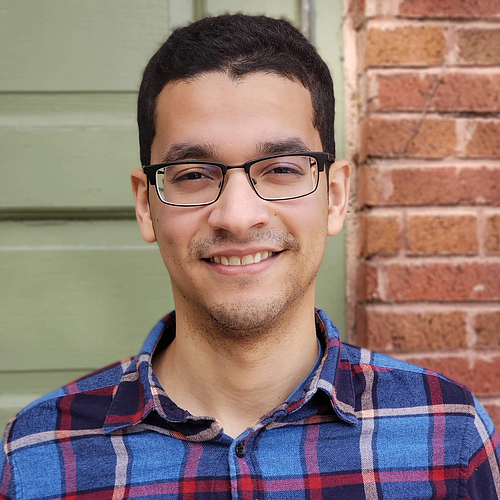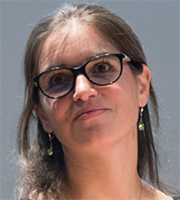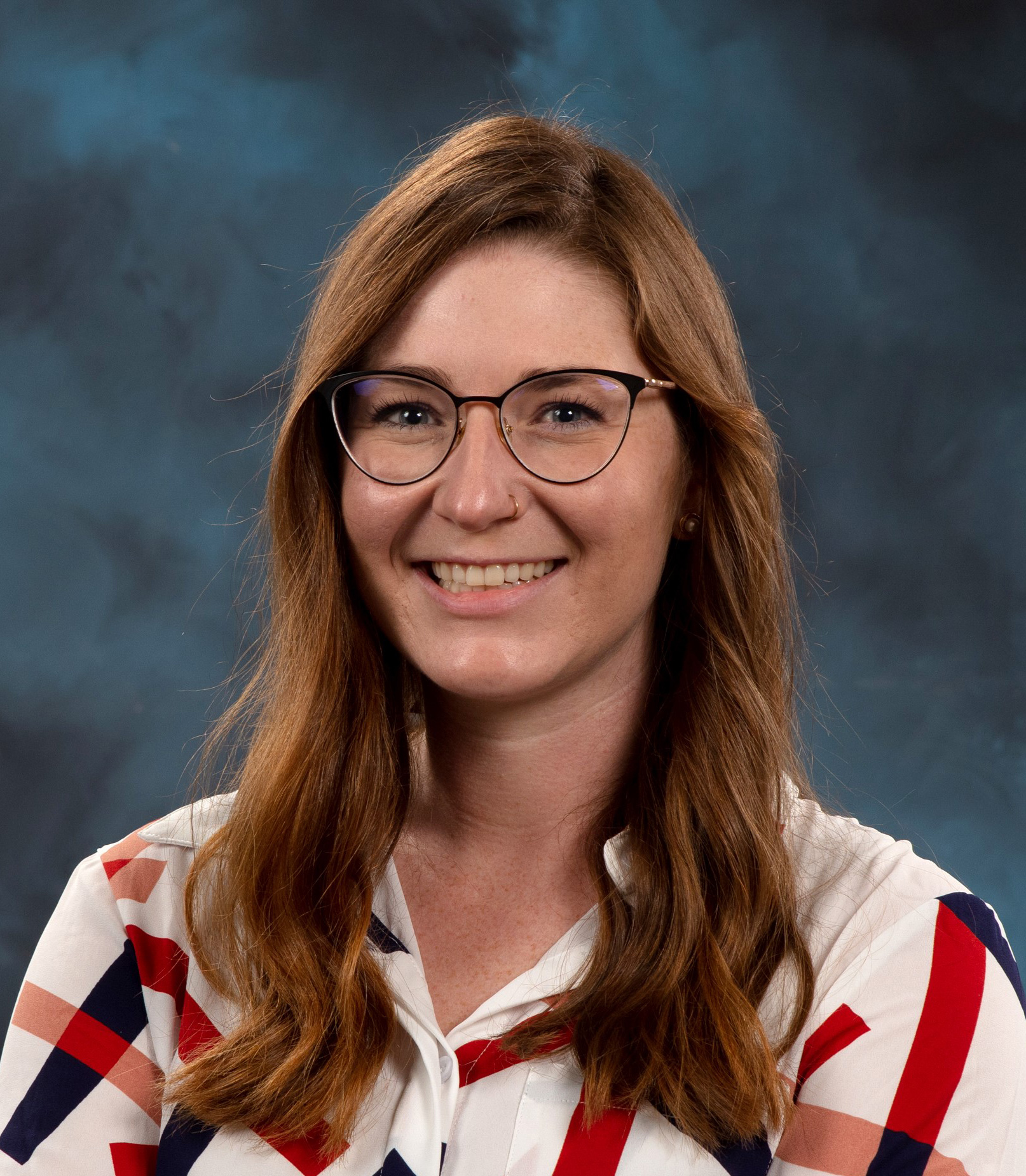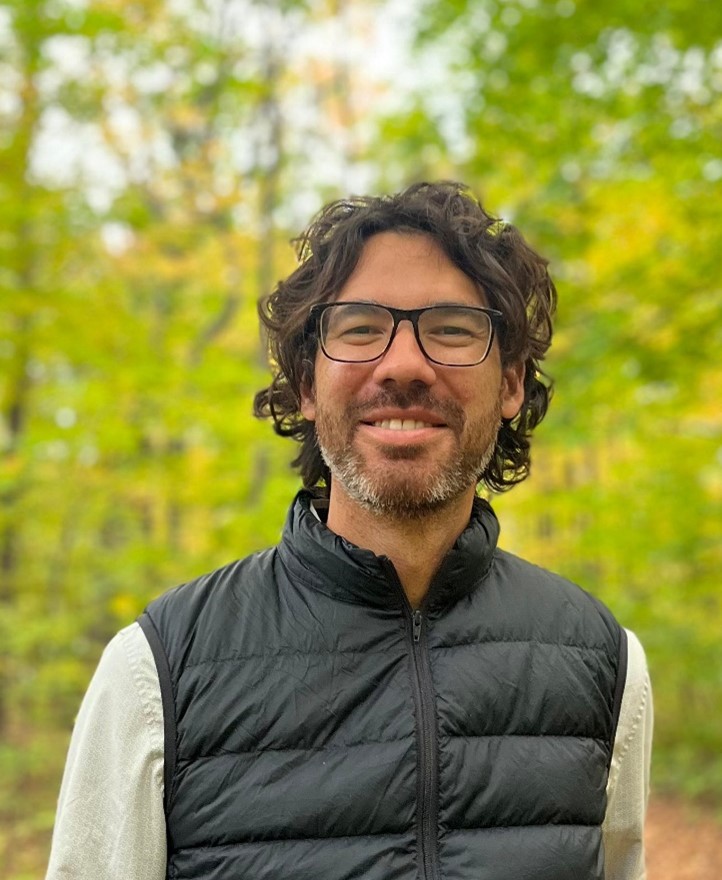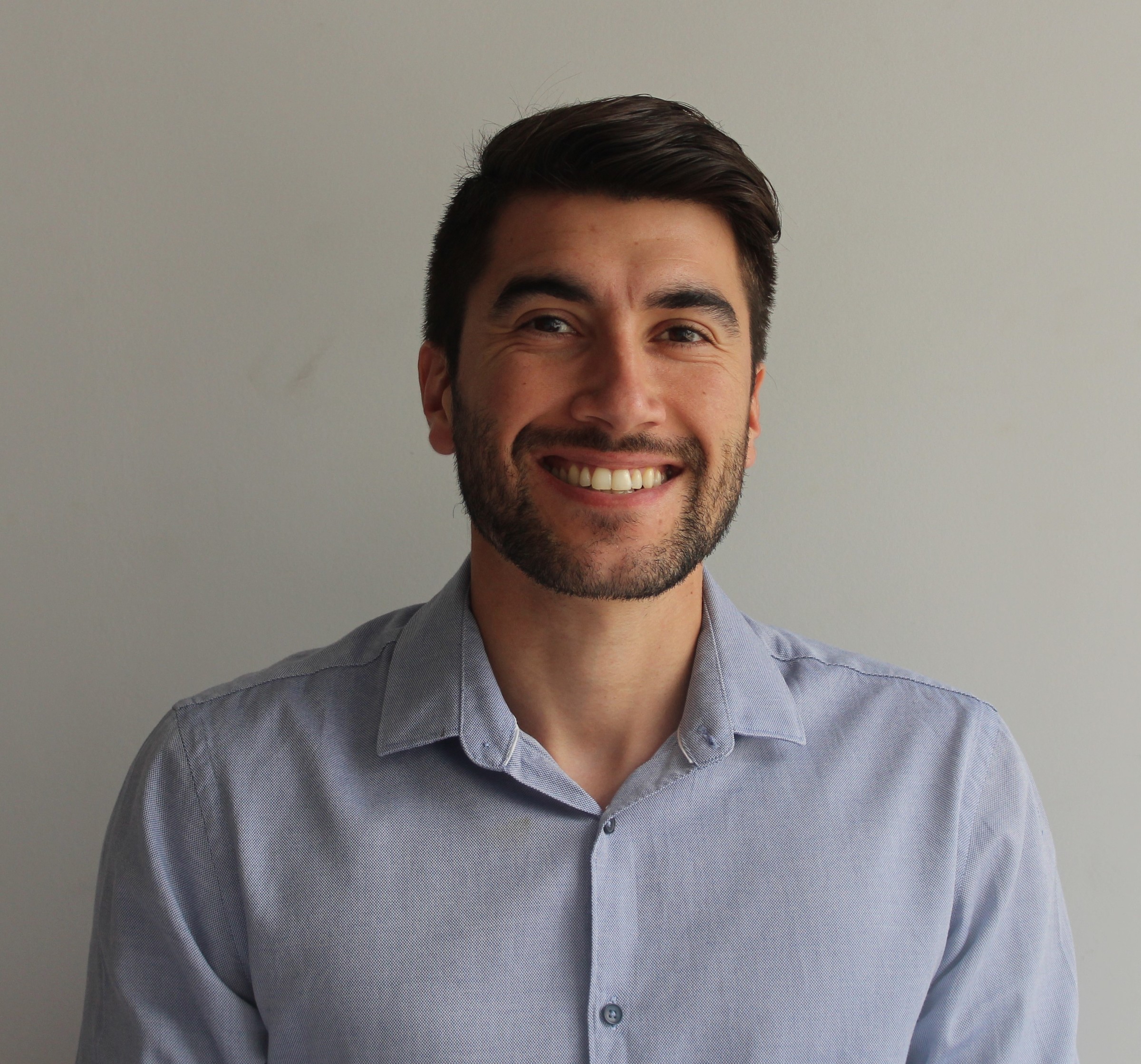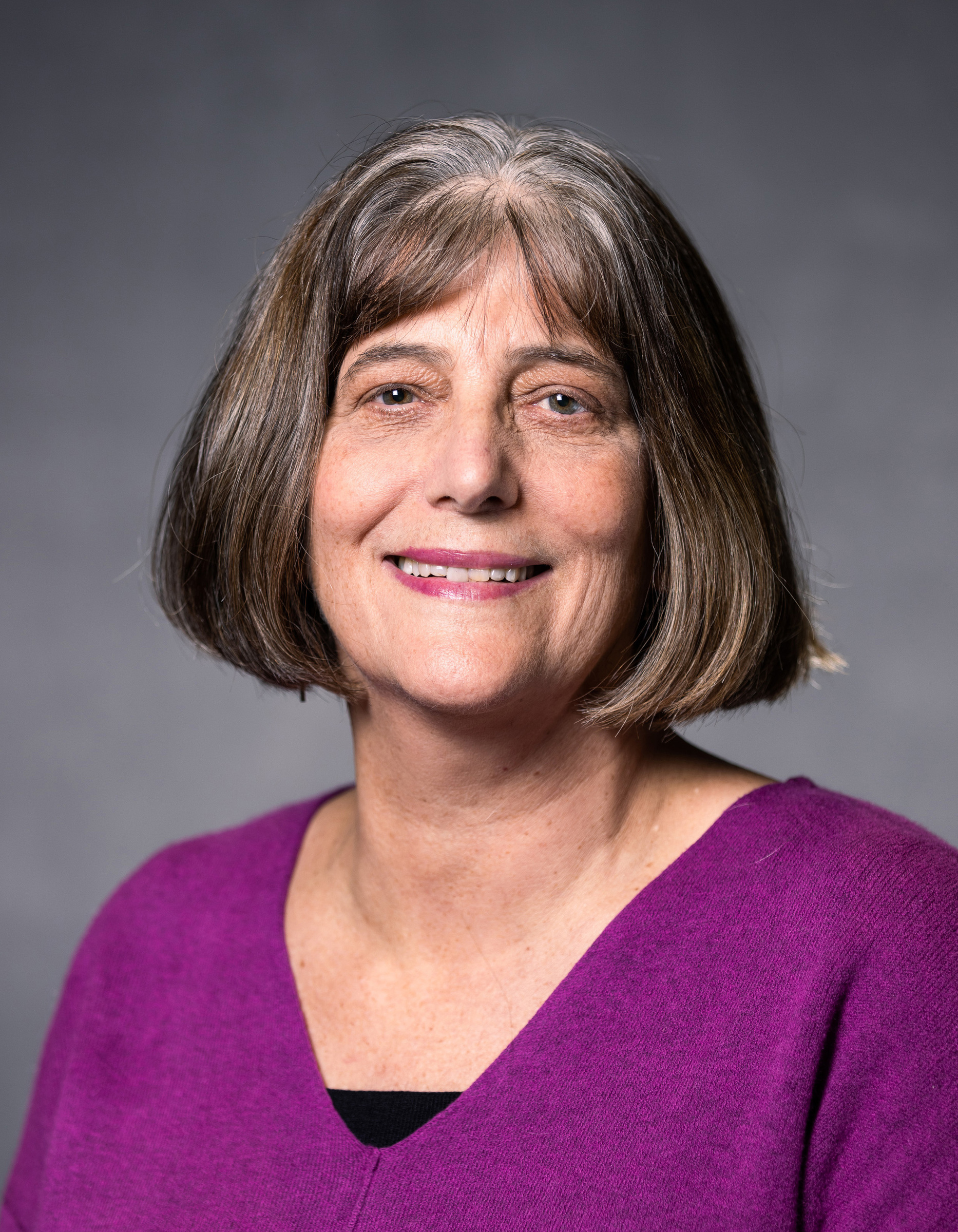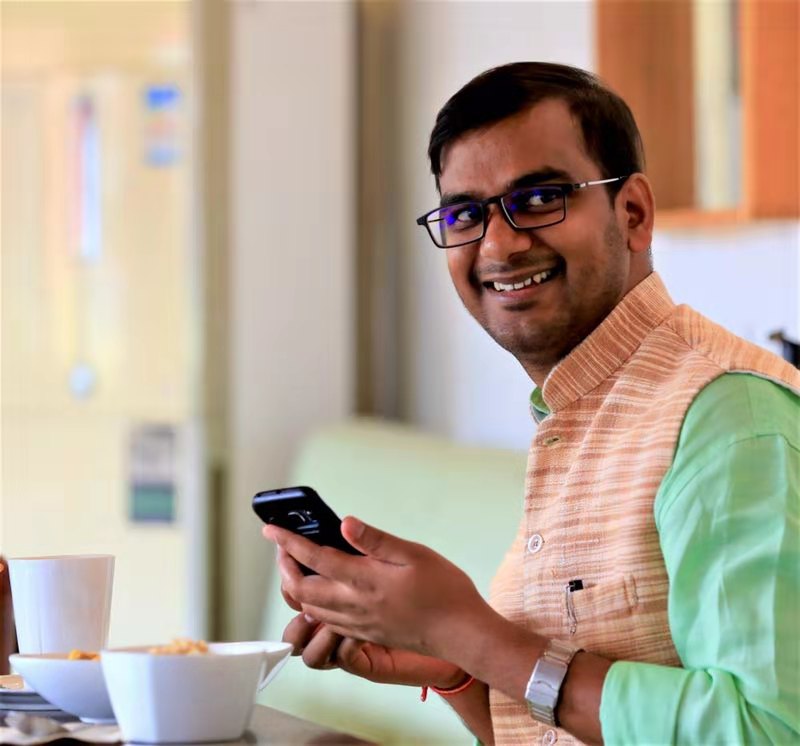This committee works to help the GS increase the diversity of our society, to become actively anti-racist, and to be an agent of change for making Earth Sciences (geochemistry, in particular) more inclusive, supportive, and free of harassment and discrimination.
The committee will liaise with the DEI working group of the European Association of Geochemistry, the GS Ethics Committee, and the GS Board of Directors. The committee may also liaise with other national and international societies.
Pallavi Anand
Open University, UK
I arrived in the UK, leaving my home country for the first time, to do a PhD. It was a culture and climate shock but also pretty exciting times to be studying at a diverse University town (almost felt like living in a bubble). My second move, in yet another foreign land, when I experienced what it feels like to be an immigrant. However, my passion for science and providing opportunities to the next generation have helped me keep going, particularly when I am undervalued. I have come this far by taking opportunities and persevering with overcoming barriers. I have learned a lot from my wide educational experiences in life: I have attended a small village school in India where I had to bring my own sack for sitting as well as having been at a University where someone came to clean my room and make my bed! With these diverse set of life experiences, I hope to connect with people and contribute to EAG and GS's Diversity, Equity, and Inclusion Committees.
Adrian Castro
Wellesley College
Term: 6/2021 - 7/2024
I'm a metamorphic petrologist and geochemist interested in how mountains are formed and how the materials that make up the crust are recycled back into the Earth. As a Latinx and first generation college graduate, I understand first-hand the challenges faced by underrepresented minorities in the Geosciences and beyond. Therefore, I am committed to promoting diversity, equity, and inclusion through my teaching, scholarship, and service.
Johanna Marin Carbonne
Université de Lausanne (UNIL), Switzerland
I am an assistant professor in geochemistry, and my parents were teachers in a small town of Brittany in France. I am well aware of my luck and privileges to be a highly educated woman. Anyway, along the path, I have witnessed and sometimes been the victim of discrimination and harassment behaviours. I have learned a lot from these various experiences but I don’t want to be silent anymore and I want to be a part of the current change to deeply transform STEM and Geochemistry to be a more diverse and inclusive field. Working in collaborative ways with diverse scientists is not only important for Science at large, but is also important to me personally. We learn so much from each other. I hope that we can build a more inclusive and welcoming community where we don’t have to erase or hide who we are as geochemists. “Alone we go faster but together we go further”.
Al Greaney
Oak Ridge National Laboratory, USA
Term: 07/2022-06/2024
Allison Greaney is a radiogeochemist at Oak Ridge National Laboratory (USA). She is involved in a variety of projects relating to the nuclear fuel cycle and non-destructive assay of nuclear materials for safeguards purposes. She received her PhD in geochemistry in 2018 from the University of California at Santa Barbara. Her research revolved around molybdenum and other questionably chalcophile elements and their use as geochemical proxies for understanding how the composition of the continental crust and atmosphere have evolved over time.
Christiaan Laureijs
Université Laval
Term: 07/2023-06/2026
Currently I am a Research Associate at the Université Laval in Québec (Canada). I have wide research interests that touch multiple sub-disciplines within the field of Geochemistry this includes understanding Earth element cycles, metamorphism and orogenesis and assessing climate solutions such as CO2 sequestration. This puts me in touch with people of various backgrounds. As a person with a multicultural background (Dutch Indonesian born in Switzerland and now living in Canada), I am aware that a successful career in Earth Science strongly depends on access to a diverse, equitable and inclusive education environment that creates opportunities. To build such an environment I am strongly committed to work in the DEI committee.
Mariano Remirez
George Mason University
Term: 01/2023-01/2025
Mariano obtained his Bachelor in Geology (2014) and his PhD in Natural sciences(2020) from the Universidad Nacional de La Plata, in Argentina. Currently, he holds a COS Postdoctoral Research Position in the Department of Atmospheric, Oceanic, and Earth Sciences at George Mason University, Virginia. His work focuses on reconstructing paleoenvironmental and paleoclimatic conditions in ancient seas using low-temperature geochemical techniques. He has spent most of his career to the study of mudrocks for a comprehensive understanding of the processes and conditions for their deposition, as well as to study global carbon cycle perturbations, mass extinctions, and recently, ocean circulation. Also, he is interested in education research and in the history of sciences, as well as strongly committed to building a more equitable environment in the earth sciences.
Ashaki A. Rouff
Rutgers University, USA
Term: 6/2020 - 6/2024
Ashaki Rouff is an Associate Professor in the Department of Earth and Environmental Sciences at Rutgers University, Newark NJ USA. Her research focuses on understanding macroscopic and molecular-scale processes influencing contaminant behavior in natural and human-impacted systems. Current projects include nutrient recovery from wastes and wastewater, thermochemical evaluation of sorbents for contaminant gases, and heavy metal speciation in urban soils. The overarching goals of her research are environmental preservation, sustainable use of resources and promotion of a diverse geochemical workforce. She currently serves as Chair of the Division of Geochemistry of the American Chemical Society.
Liz Sikes
Rutgers University
Term: 07/2022-06/2024
Elisabeth (Liz) Sikes, is a professor of Oceanography at Rutgers University in New Jersey, USA. She is a paleoceanographer and paleoclimatologist whose research seeks to understand the ocean's influence on the carbon cycle and climate. Her research interests range from investigating the Southern Ocean's multiple roles in controlling glacial climate cycles to modern carbon cycling in estuaries. She gave the Emilani lecture in 2020 at the Fall AGU Meeting and has served as an associate editor of the journal Paleoceanography and Paleoclimate. She has served the Geochemical Society as a Board member, Chair of the Organic Geochemistry Division, and as the founding Chair of the Ethics Committee. She serves as co-chair of the Southern Ocean Regional Panel (SORP) of CLIVAR (Climate and Ocean Variability, Predictability, and Change) and CliC (Climate and Cryosphere), which is a core program of the World Climate Research Programme (WCRP). She is a member of the Southern Ocean Task Force for the United Nations Decade of Ocean Science for Sustainable Development.
Pradip K. Singh
Department of Geology, BHU, Varanasi, India.
Term: 01/2023-01/2025
Dr. Pradip K. Singh, an Assistant Professor and Researcher at Banaras Hindu University (BHU), India. Dr. Singh was born and raised around the Vindhyan mountain range, and despite being a farmer's son, he pursued a career in geology. As a first-generation doctor in his family, he is primarily interested in crustal petrology, geochemistry, and geochronology of Archean granite-greenstone terranes to understand the history and evolution of Archean cratons. Dr. Singh has gained extensive educational experience throughout his life, completing his PhD at IPICYT, San Luis Potosí, Mexico, and working as a visiting researcher during his doctoral research at UNICAMP, Brazil, and subsequently as a postdoctoral researcher at IGGCAS, Beijing, China. Dr. Singh understands firsthand the challenges faced not only by underrepresented minorities in Geosciences but also beyond. As someone who has faced the challenges of being an underrepresented minority in the Geosciences and beyond, Dr. Singh is committed to promoting diversity, equity, and inclusion through his teaching, scholarship, and service.
